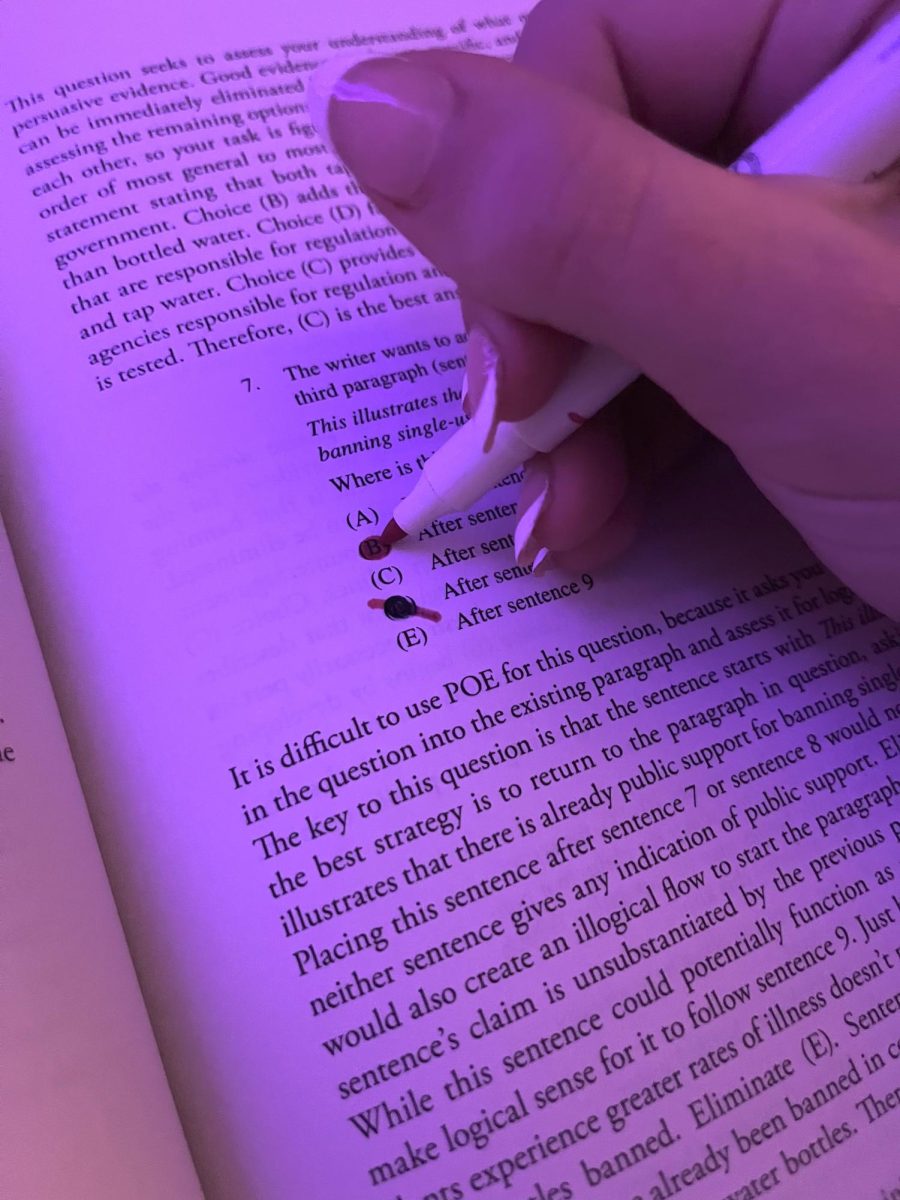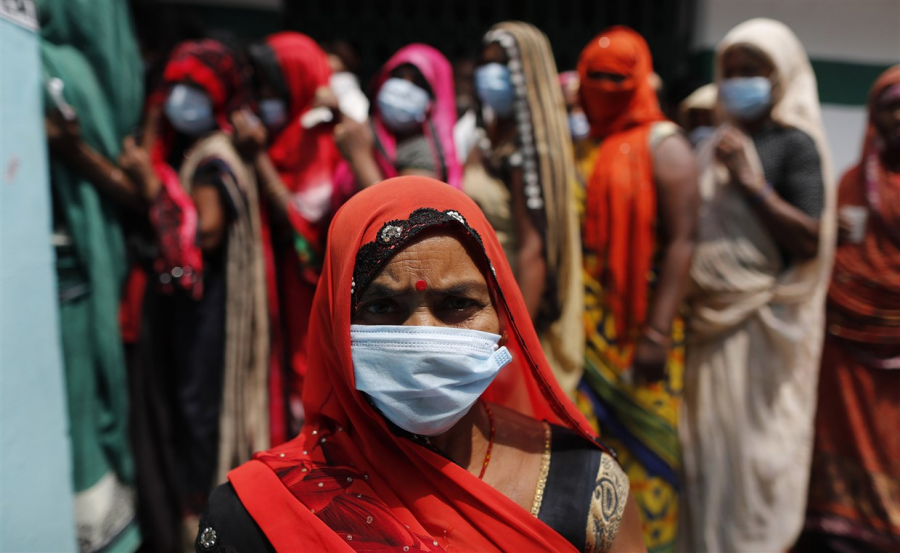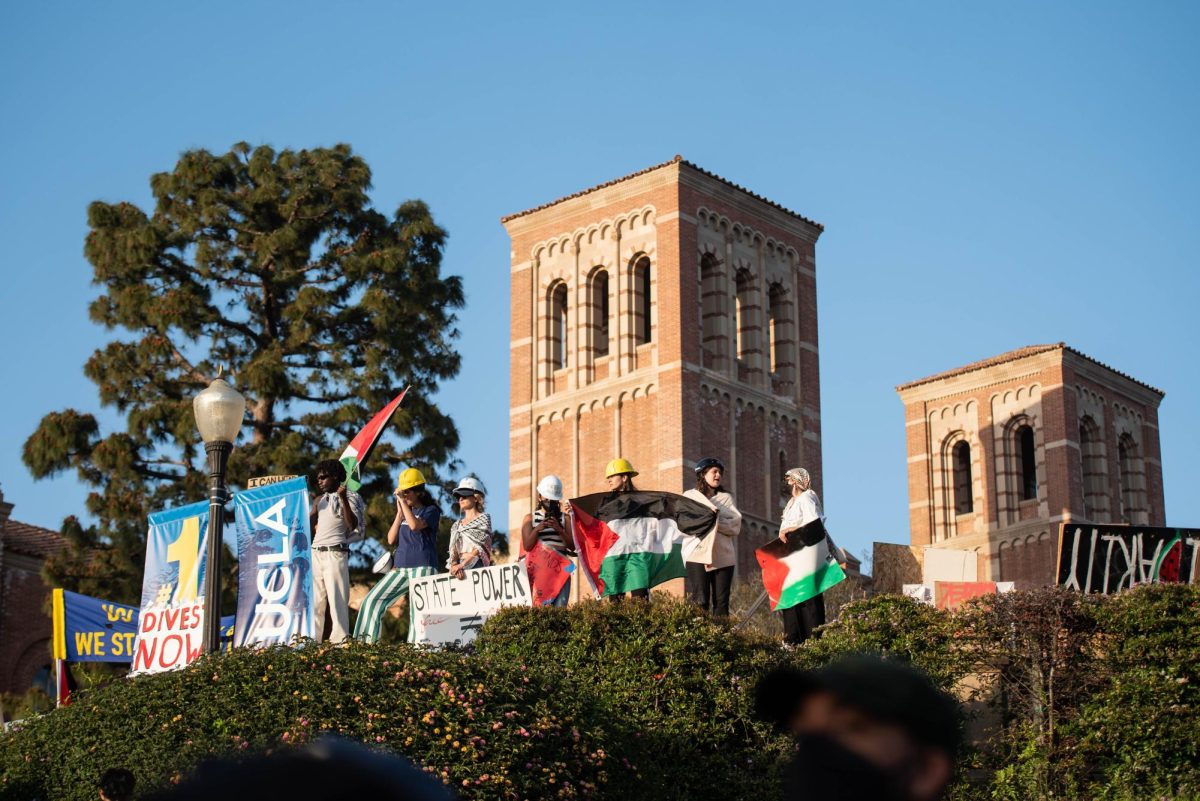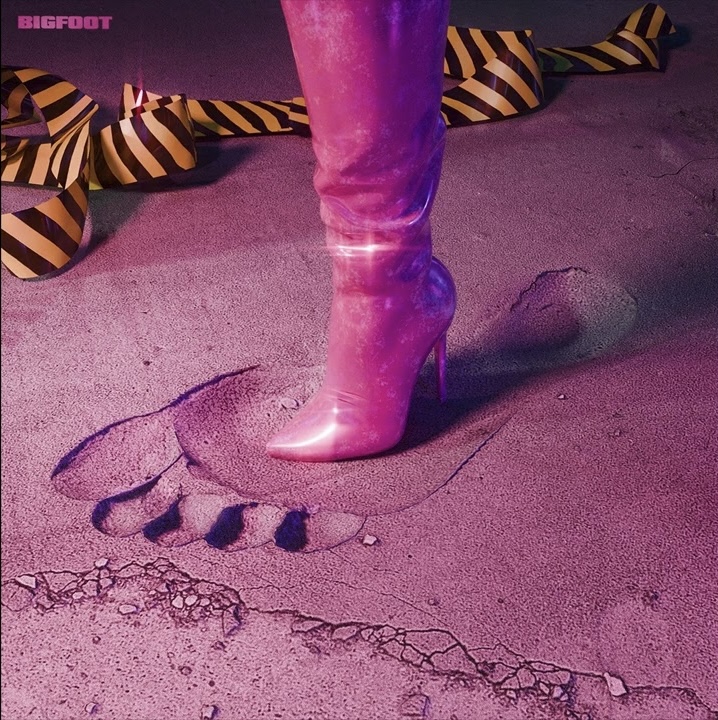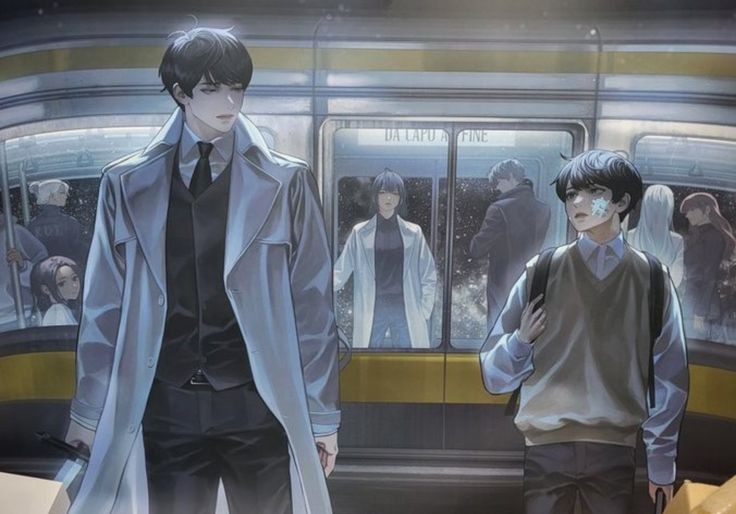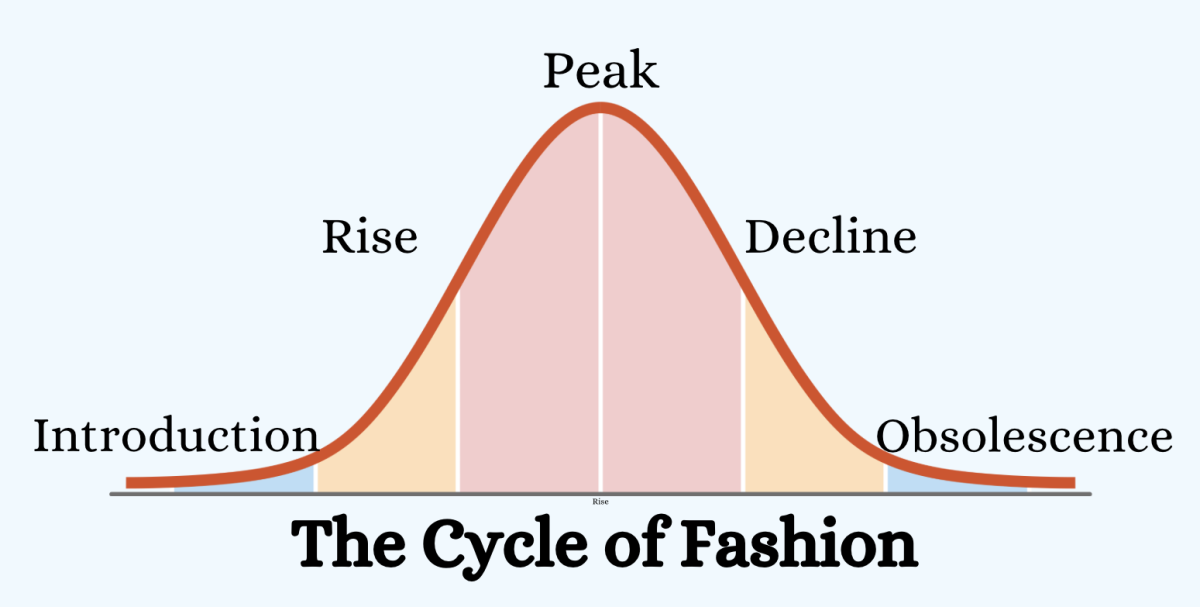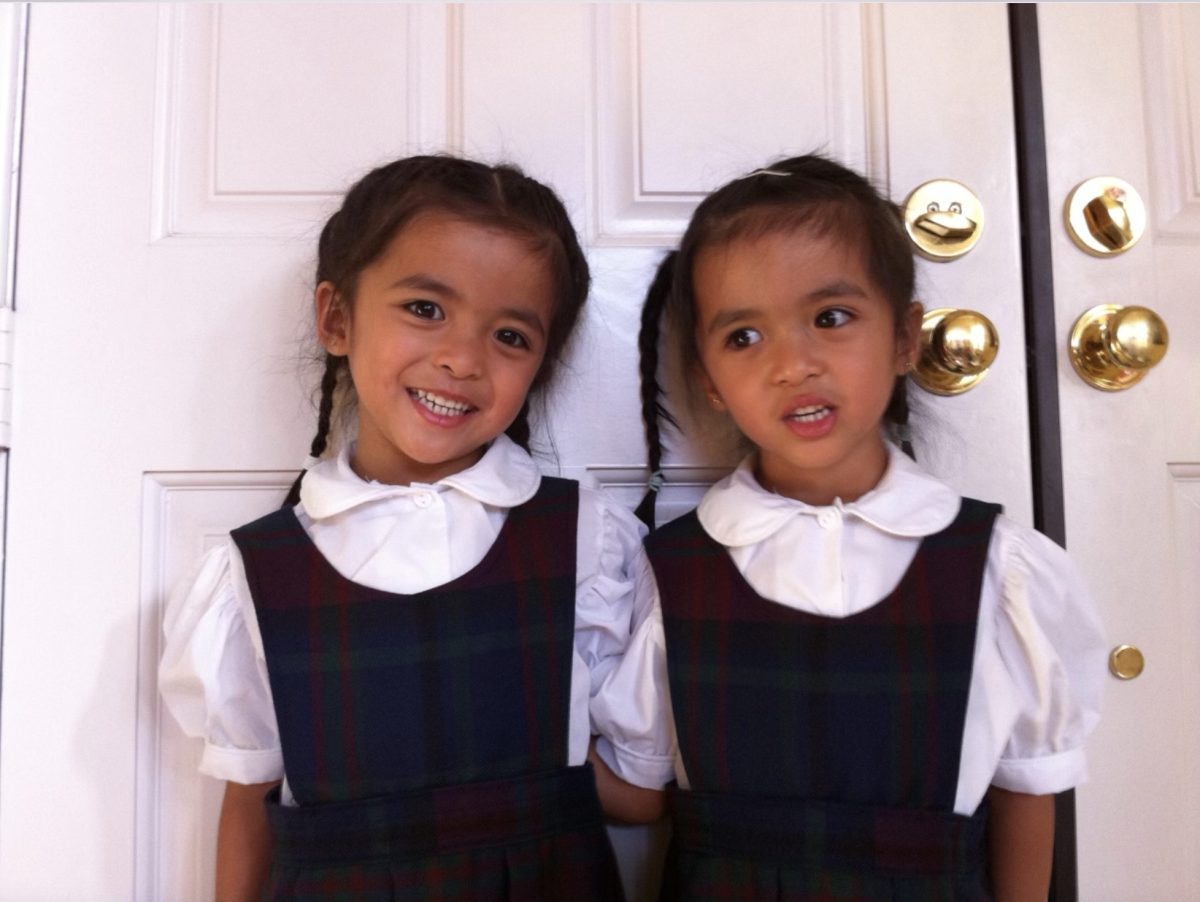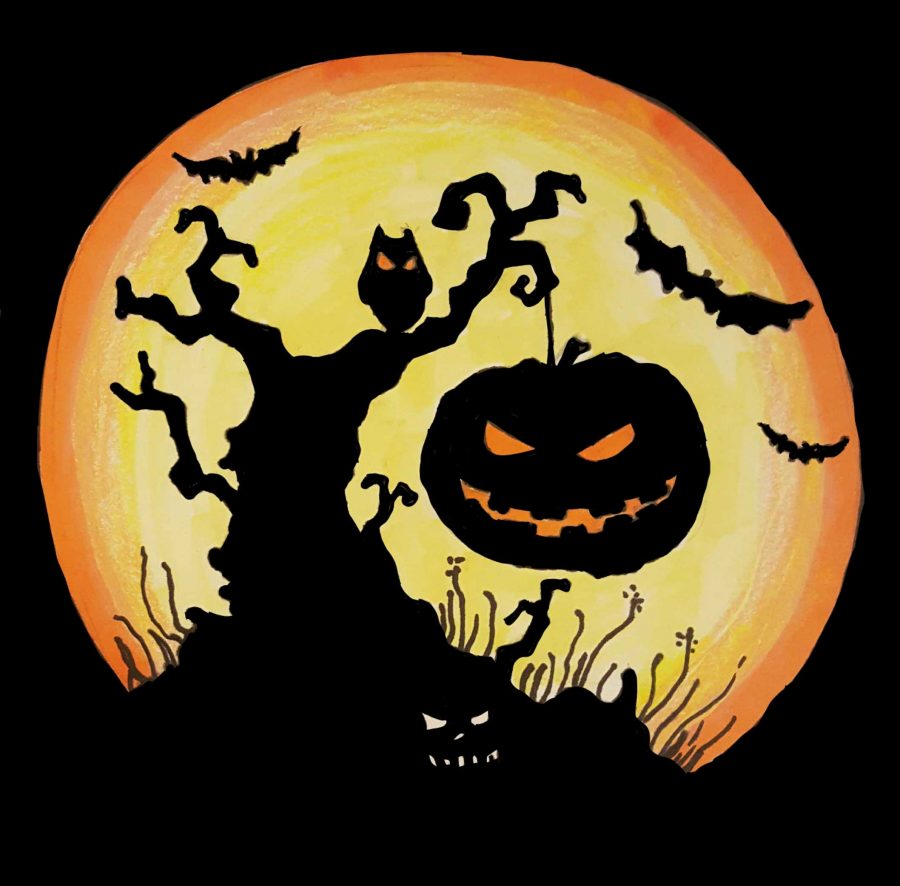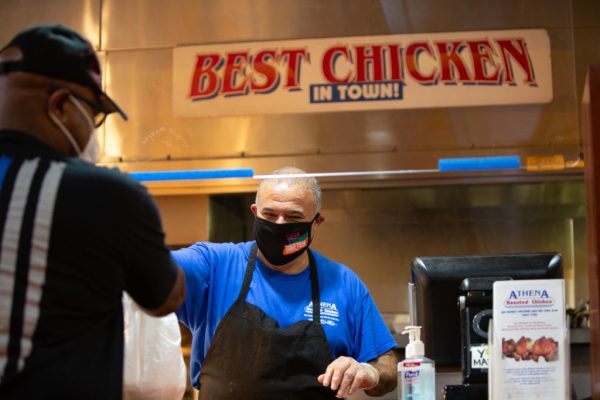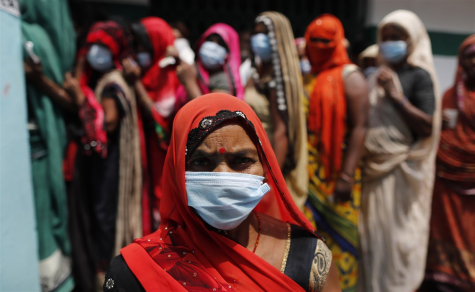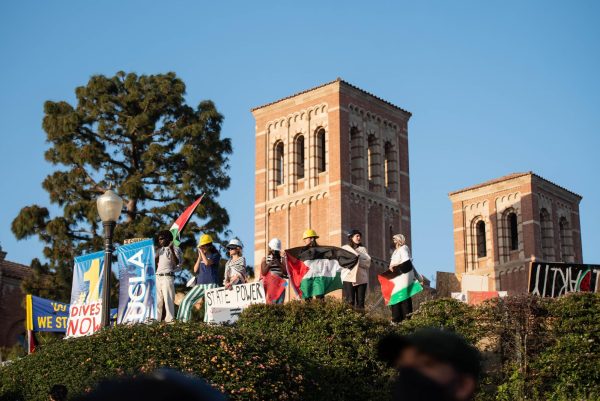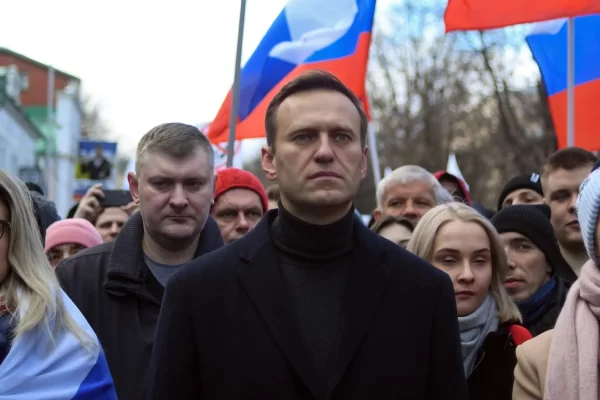The History Behind Halloween
October 28, 2015
The day of horrors is upon us. Ghouls, spiders, zombies, Grim Reapers. Pumpkin pies line the shelves, pumpkin seeds bake in ovens, ornately carved pumpkins decorate homes. Children gleefully shop for costumes, parents pour massive quantities of candy into bowls, teenagers don masks to collect their yearly doses of sugar. These are all the routine tasks associated with the modern, 21st Century version of Halloween, yet what are the true origins of this holiday?
It is believed that Halloween originates from Samhain, an ancient Celtic festival. The Celts lived 2,000 years ago in what is now Ireland, the United Kingdom, and Northern Ireland. On November 1, the Celts celebrated their new year, and this day marked the end of summer and the beginning of winter. To the Celts, the summer represented the harvest, while the winter was associated with human death. Samhain was celebrated on October 31st, and it was during this day that the Celts believed that the ghosts of the dead could return to the Earth. Because of this, Celts burned bonfires and wore costumes to ward off the ghosts, which caused trouble and damaged crops (history.com).
However, even this original celebration of Halloween evolved. In the eighth century, Pope Gregory III designated November 1 as “All Saints’ Day” to honor all saints and martyrs. Originally, this evening was known as All Hallows’ Eve; however, in today’s rendition of this holiday, it is now commonly referred to as Halloween (history.com).
Today’s celebration of Halloween is now a secular and community based event centered on things such as trick or treating, pumpkin carving, or haunted house mazes. No one quite realizes that Halloween has significant meaning too, rather than as just the simple day and night to gather candy. To previous civilizations, Halloween was a very religious and important event. In today’s society, Halloween is simply the night for horrors and sugar. Maggie Shi (11) enthuses that “Halloween is such a fun holiday, and I love to dress up and get candy with my friends!” Although Halloween has lost its religious meaning, the celebration still retains its roots in its costume-wearing and celebration of the superstitious, so have a fun Halloween and don’t forget to remember the dead!




